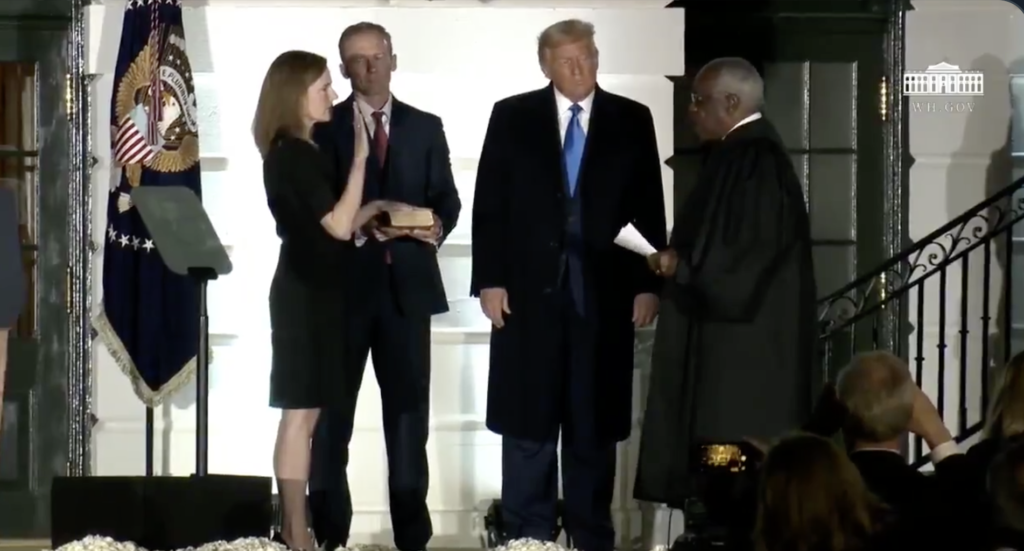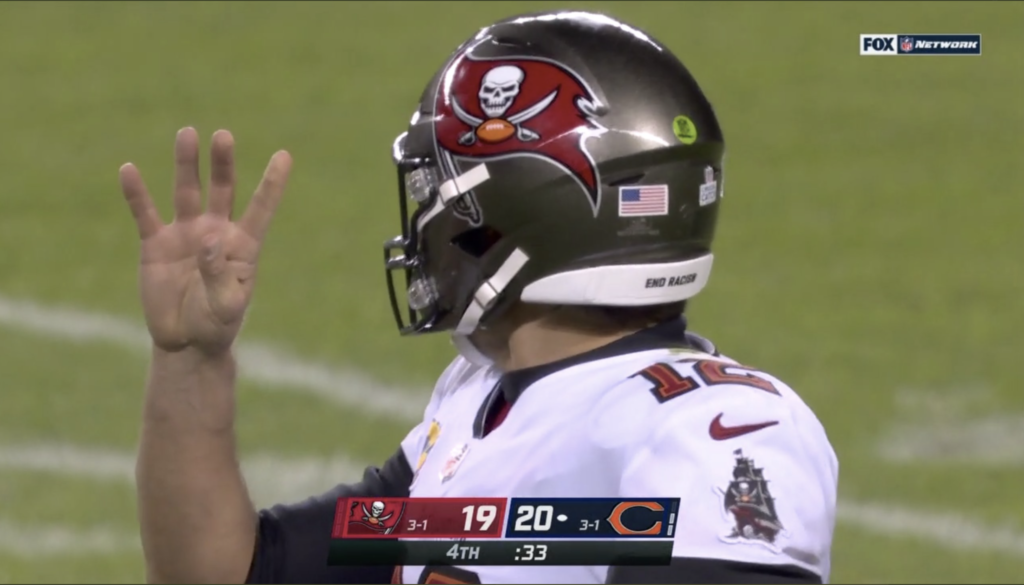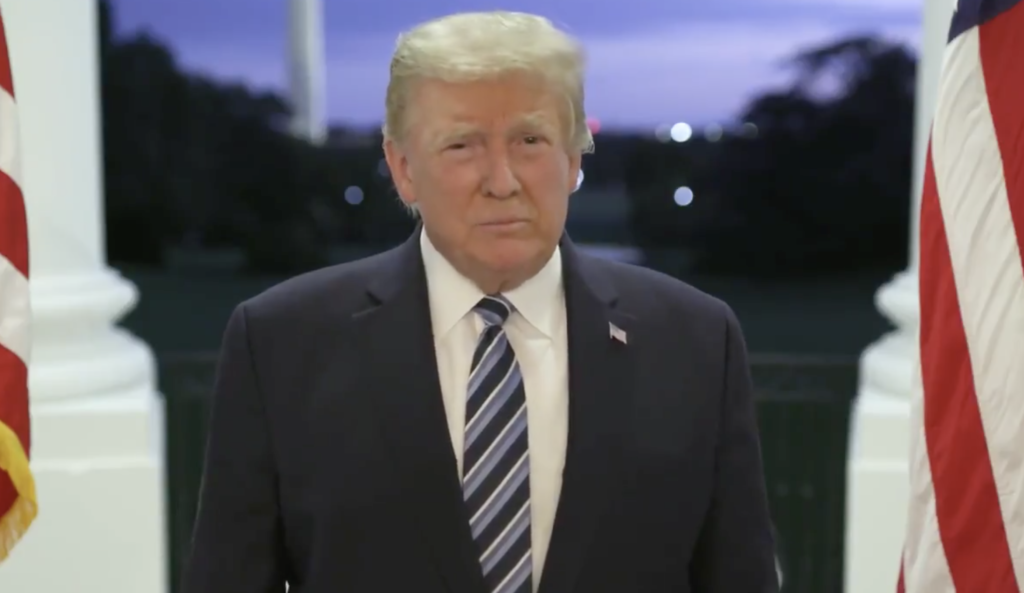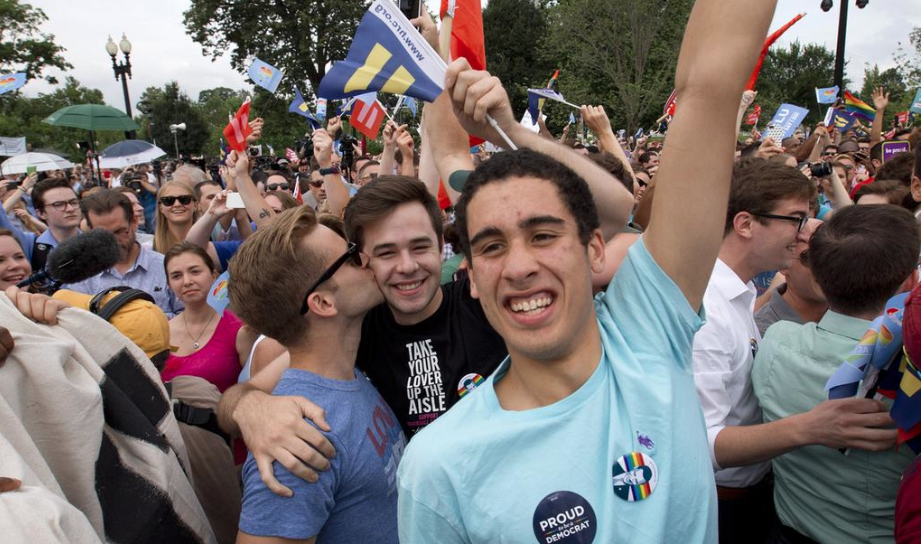Supreme Court Rules in Favor of Gay Marriage
26 Jun, 2015
The Supreme Court declared Friday that same-sex couples have a right to marry anywhere in the United States.
Gay and lesbian couples already could marry in 36 states and the District of Columbia. The court’s 5-4 ruling means the remaining 14 states, in the South and Midwest, will have to stop enforcing their bans on same-sex marriage.
Gay rights supporters cheered, danced and wept outside the court when the decision was announced.
The outcome is the culmination of two decades of Supreme Court litigation over marriage, and gay rights generally.
Justice Anthony Kennedy wrote the majority opinion, just as he did in the court’s previous three major gay rights cases dating back to 1996. It came on the anniversary of two of those earlier decisions.
“No union is more profound than marriage,” Kennedy wrote, joined by the court’s four more liberal justices.
The stories of the people asking for the right to marry “reveal that they seek not to denigrate marriage but rather to live their lives, or honor their spouses’ memory, joined by its bond,” Kennedy said.
The four dissenting justices each filed a separate opinion explaining their views, but they agreed that states and their voters should have been left with the power to decide who can marry.
“This court is not a legislature. Whether same-sex marriage is a good idea should be of no concern to us,” Chief Justice John Roberts wrote in dissent. Roberts read a summary of his dissent from the bench, the first time he has done so in nearly 10 years as chief justice.
“If you are among the many Americans – of whatever sexual orientation – who favor expanding same-sex marriage, by all means celebrate today’s decision,” Roberts said. “But do not celebrate the Constitution. It had nothing to do with it.”
Justice Antonin Scalia said he is not concerned so much about same-sex marriage, but about “this court’s threat to American democracy.” Justices Samuel Alito and Clarence Thomas also dissented.
President Barack Obama welcomed the decision via Twitter, calling it “a big step in our march toward equality.”
The ruling will not take effect immediately because the court gives the losing side roughly three weeks to ask for reconsideration. But some state officials and county clerks might decide there is little risk in issuing marriage licenses to same-sex couples.
The cases before the court involved laws from Kentucky, Michigan, Ohio and Tennessee that define marriage as the union of a man and a woman. Those states have not allowed same-sex couples to marry within their borders and they also have refused to recognize valid marriages from elsewhere.
AP
Image HuffingtonPost Twitter
Mentioned In This Post:




















